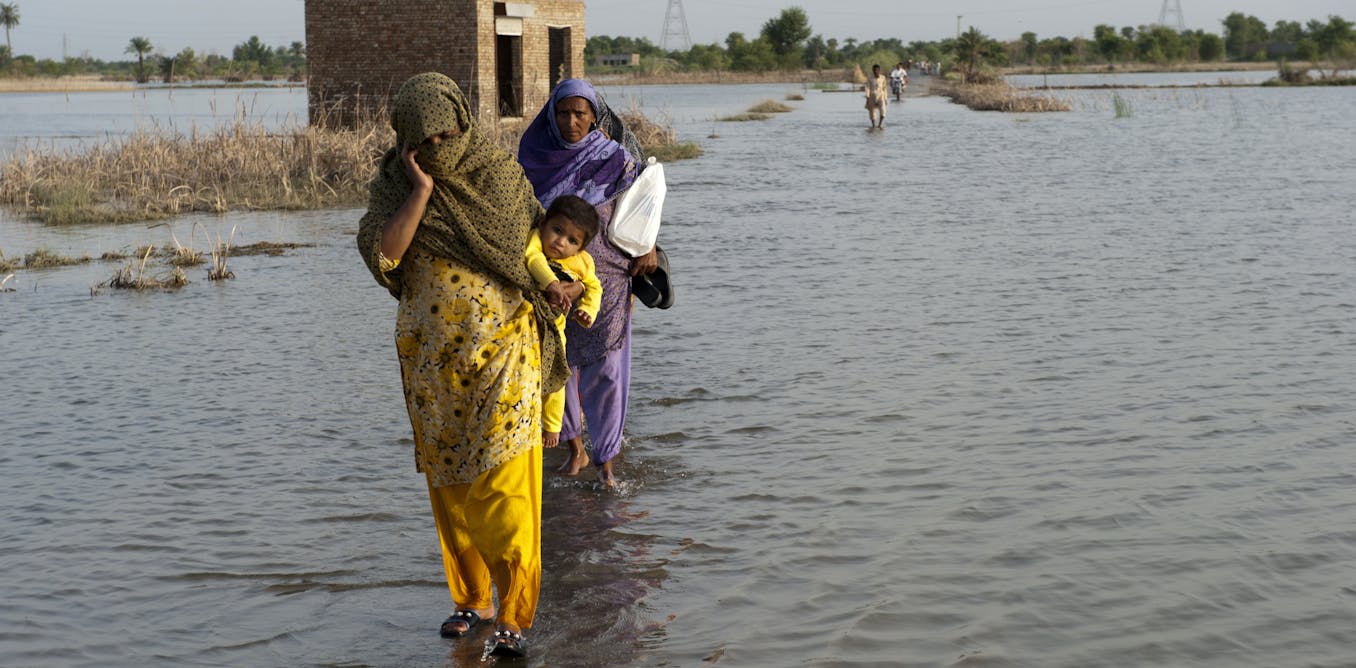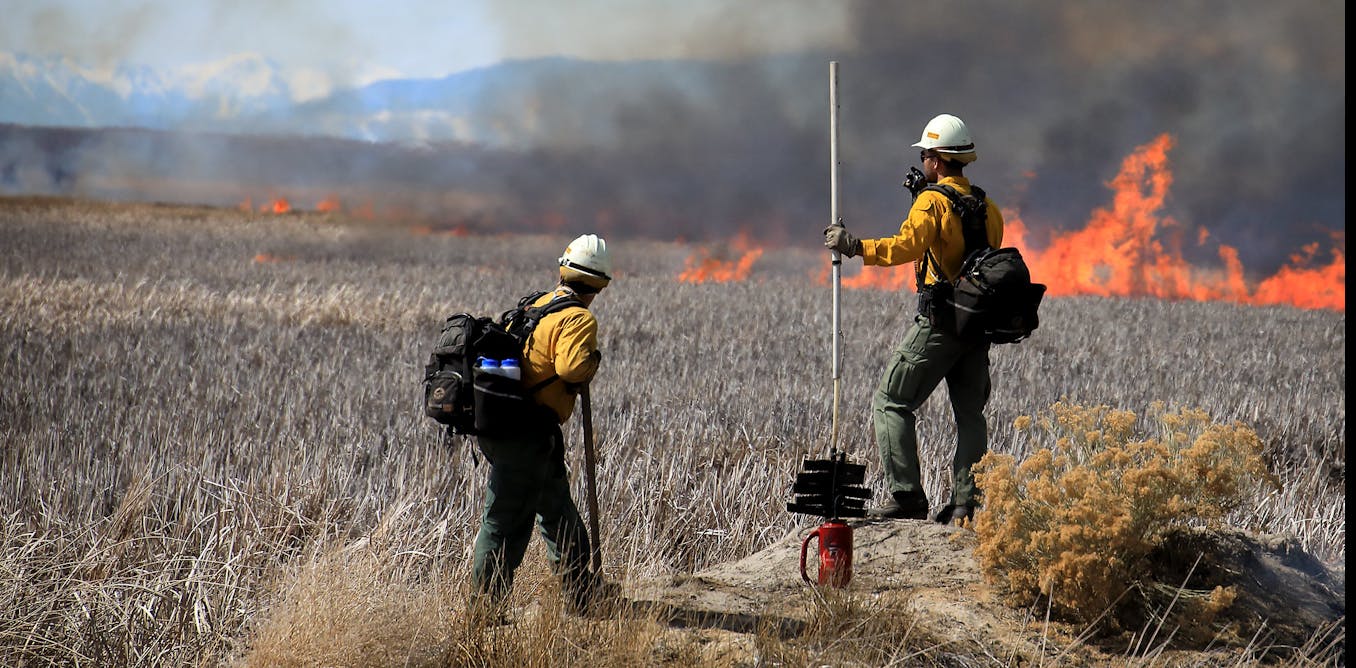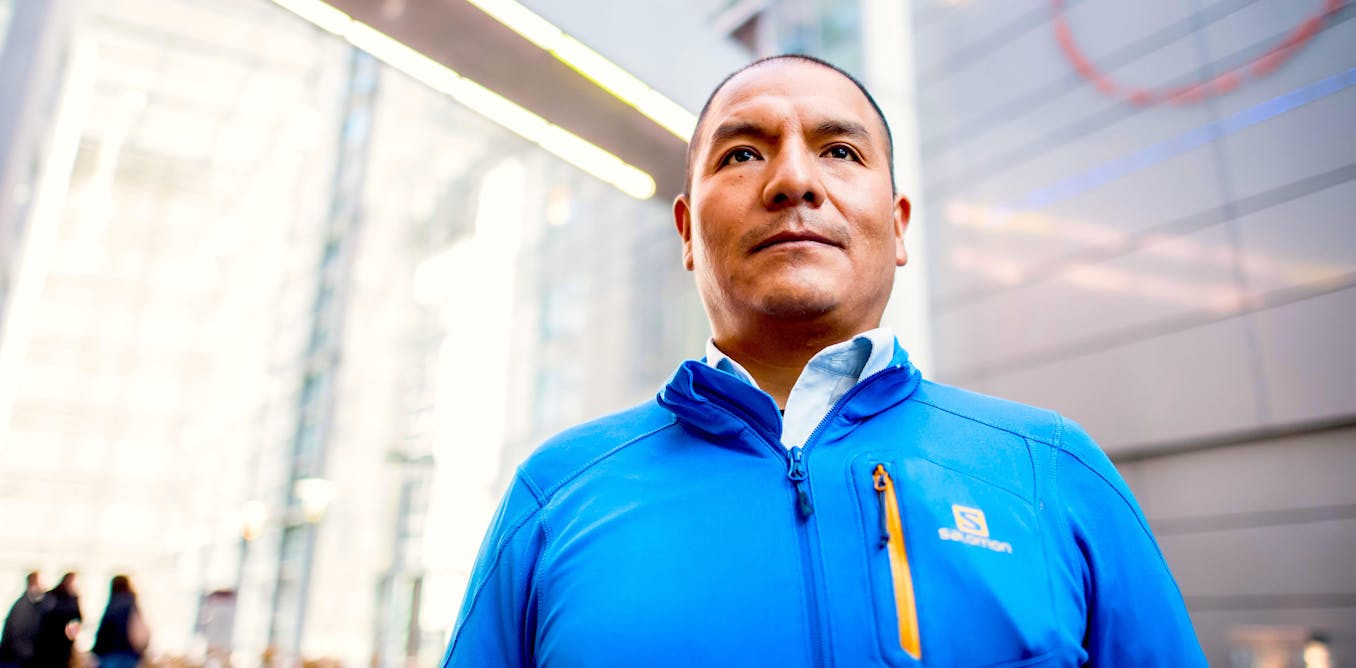PFAS ‘forever chemicals’: Why EPA set federal drinking water limits for these health-harming contaminants
These chemicals are now found on almost every part of the planet, including in the bodies of a large percentage of the American public. An environmental health scientist explains the risks.
April 10, 2024 • ~9 min








